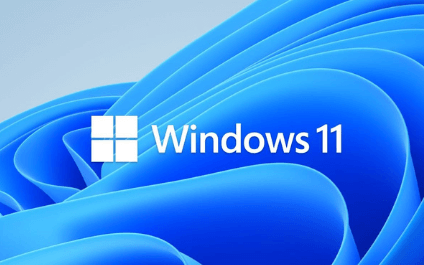By now you’ve probably heard that Microsoft has released its newest operating system, Windows 11. If you haven’t, brace yourself – the tech giant will no doubt rachet up their advertising urging users to update to the new system pronto. Expect to be bombarded with emails pressing you to take action.
But should you be an early adopter? The answer is no. Microsoft has a problematic history with Windows releases. (Vista, Windows 8 anyone?) We are almost certain that Windows 11 will have problems. But we don’t yet know what those problems will be. Users might have issues with printing. There could be snags with critical business applications not working in the new OS. Some hardware will not be compatible. There are countless ways the upgrade could go sideways, but we just don’t know yet because it was just released.
Nonetheless, Microsoft will try and push the new OS through any crack they can find before all the bugs can be fixed.
On our end, we have disabled our automation software to prevent the release from being pushed. However, in a previous Windows release, Microsoft installed a Windows service that checked if an update had been made and then tried to download and install it. We were able to catch that and disable it. But there could be an auto run, a Windows scheduled task or a registry entry that could force the install. We are actively trying to make sure we spot those and stop them from executing. Of course, if you or one of your users have already upgraded to Windows 11 and you are experiencing issues, we will work with you to solve those.
We will keep you informed of when we think it is advisable to upgrade your systems. In the meantime, please reach out to your client account manager if you have any concerns.

